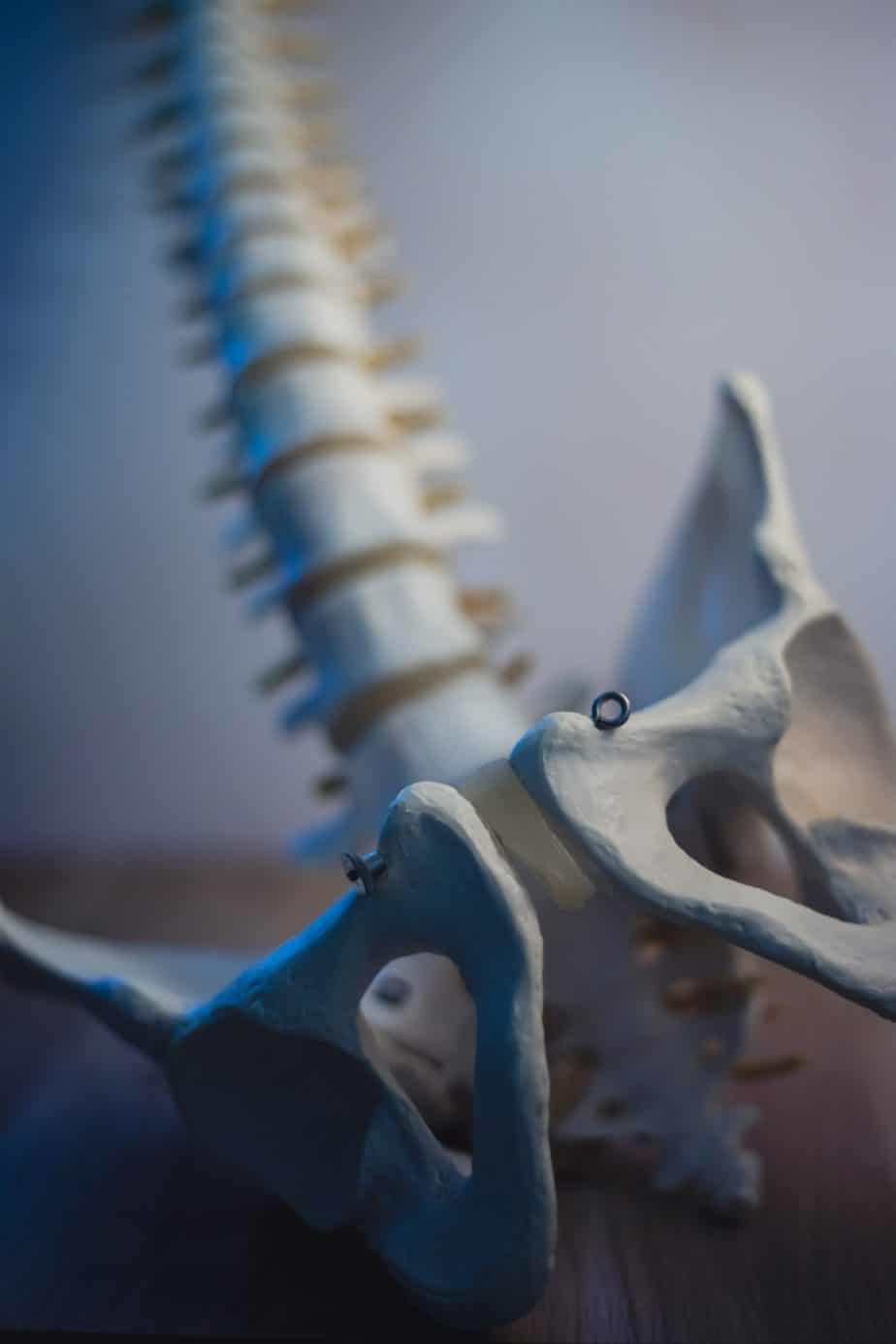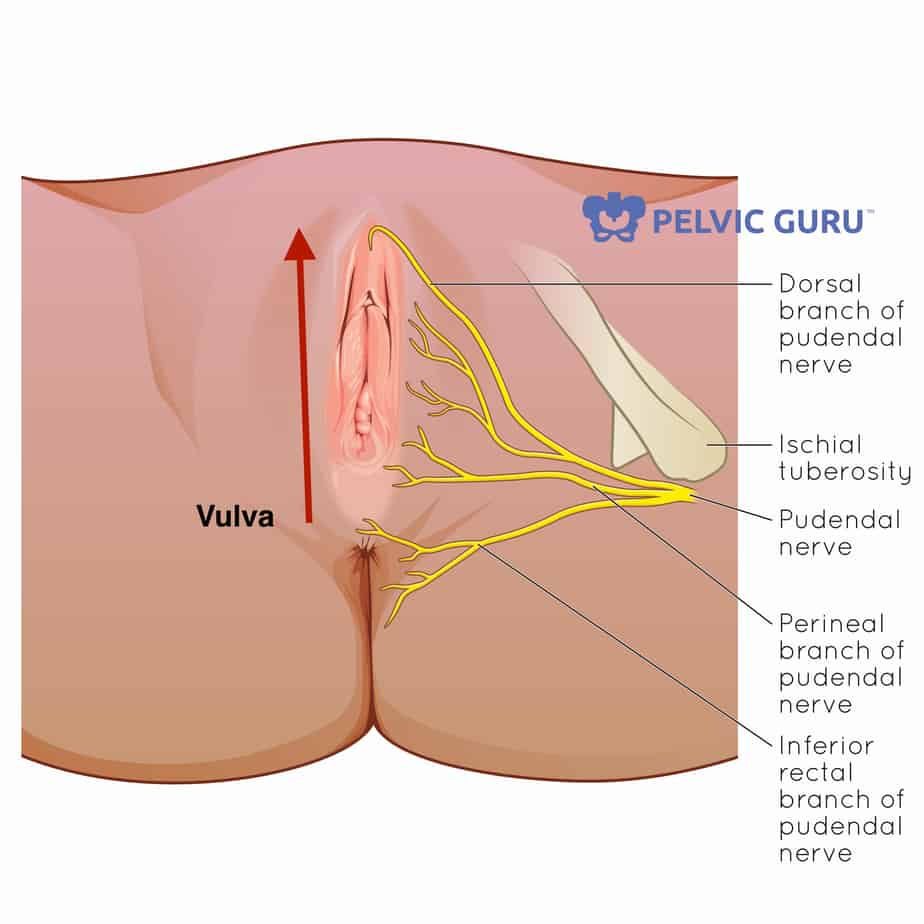Better Sleep = Better Health

- 50-70 million US adults have a sleep disorder.
- 40% of people with insomnia are believed to also be affected by a mental health disorder.
- Around 75% of adults with depression suffer from insomnia.
- Women have a lifetime risk of insomnia that is as much as 40% higher than that of men.
Benefits of sleep
Getting an adequate amount of sleep is very important for overall health. Benefits include:
- Improved concentration
- Weight loss or maintenance
- Improved fine motor skills and problem-solving skills
- Decreased risk of heart disease
- Improved mood
Sleep position can greatly impact the quality of sleep and exacerbate pain or other issues.
Sleep and Migraines
Migraines can cause poor sleeping patterns and vice versa. Making sure that your head and neck are in a good position and properly supported while laying down is important. There are different types of pillows for different sleep positions.
Sleep and Pregnancy
During pregnancy, women can experience disrupted sleep due to anxiety, restless leg syndrome, acid reflux, urinary frequency, and/or sleep apnea. Doctors advise pregnant women in their third trimester to sleep on their left side with their knees bent to improve blood flow to the uterus. There are many different types of pregnancy pillows and wedges that are available in the market to help improve comfort, but make sure to have support between the knees and under the belly to relieve stress on the back.
Sleep and Acid Reflux
When laying down, the acid can come back upward from the stomach into the esophagus. Also, during sleep, there is a decreased production of saliva, which usually will neutralize acid. Individuals with acid reflux may experience an increase in heartburn, coughing, sore throat, difficulty swallowing, chest pain, and choking after laying down. It is recommended to sleep on your side or with the head of the bed raised about 6 inches using a wedge pillow or adjustable bed frame.
Effects of sleep deprivation
- Excessive daytime sleepiness
- Lack of attention, poor concentration/coordination
- Moodiness
- Hunger
- Weight gain/loss
Tips to Improve Sleep
- Have a routine sleep schedule
- Have a quiet, and comfortable environment, avoid electronics while in bed
- Use of the proper type of pillow for any sleep position
- Avoid caffeine, alcohol, nicotine, or foods that may trigger acid reflux






